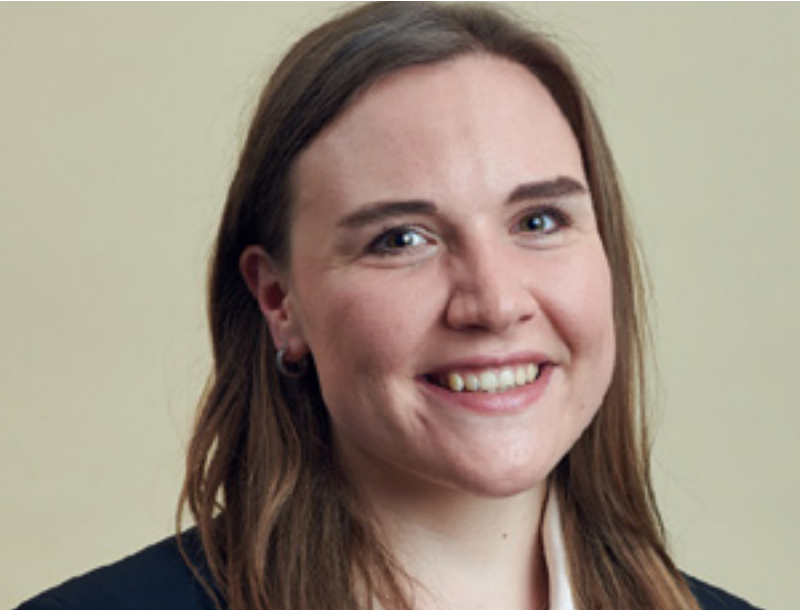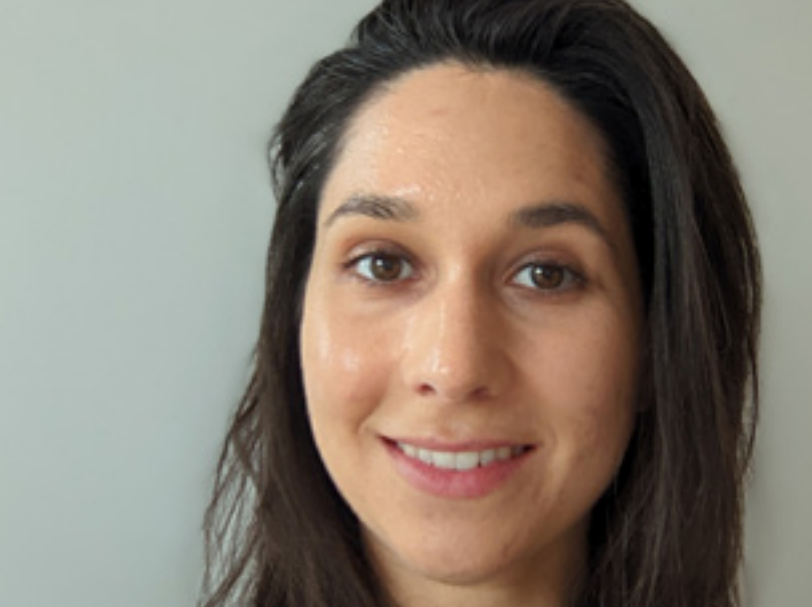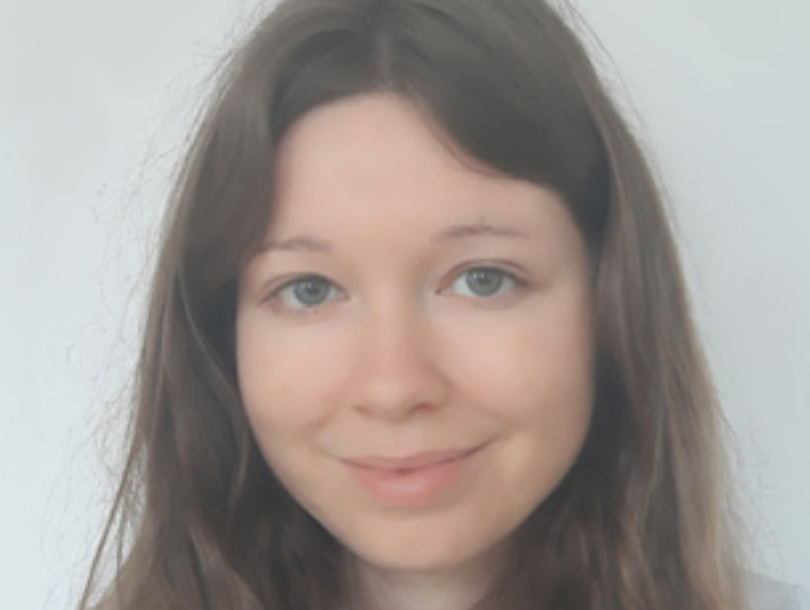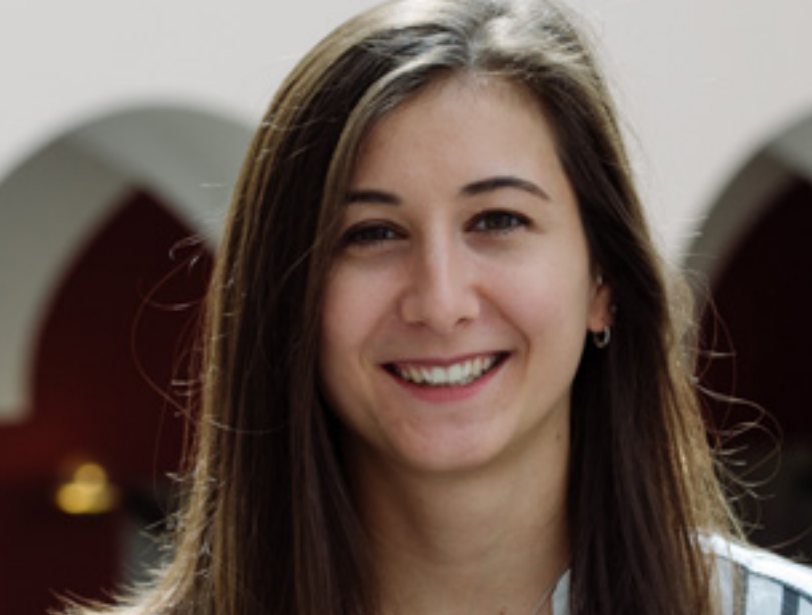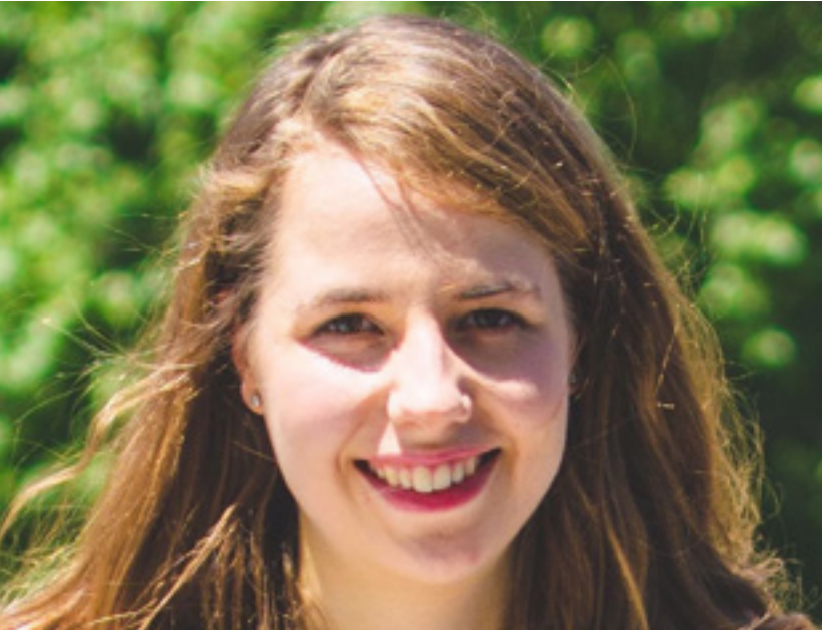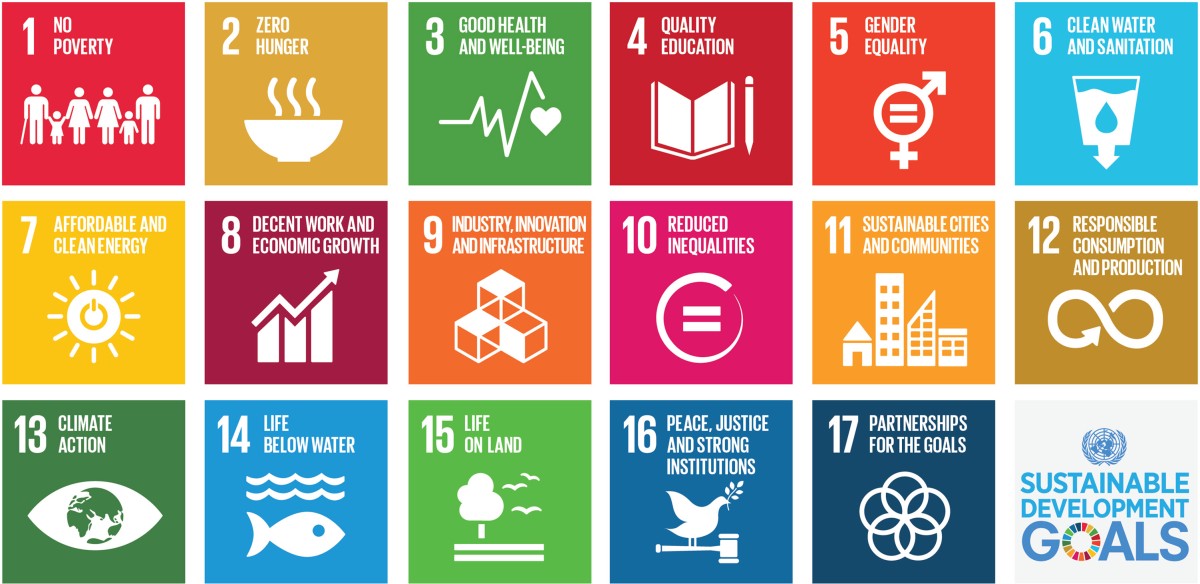For her thesis research, Ahmed collaborated with the Swiss Competence Center Against Forced Marriage (CoCFM), a non-profit organization that provides support, resources, and assistance to people in Switzerland who are affected by or at risk of forced marriage situations to investigate the causes, contexts, and consequences of forced marriage in Switzerland.
The goal of the thesis was to develop – in collaboration with the CoCFM – applications that would support the organization’s outreach, communication, and assistance for women affected by forced marriage, particularly women trying to prevent, or escape forced marriages, or women who had left forced marriages and feared retaliation by their spouses, families, or communities. The transition to independence requires support in many forms from the CoCFM including counseling and emotional support, practical advice on leaving a forced marriage (e.g., what documents to take), and the arrangement of a safe living situation upon leaving. This support is especially challenging as many of the women in these circumstances have been dependent on their families and have had their freedoms restricted their entire lives, including having their communications and mobile devices monitored.
Based on her research, Ahmed identified several stages of the process of leaving a forced marriage situation that could potentially be supported with technology, as well as key requirements for any technological applications to maintain the safety of the users while addressing their primary needs.
The research presents several prototype technologies to address a variety of challenges faced by CoCFM staff and women attempting to leave forced marriages. Through an iterative Human-Computer Interaction design process, Ahmed collected feedback on the technology concepts from the CoCFM to refine the technology designs to better suit the needs of the women affected by forced marriages and the CoCFM itself.


